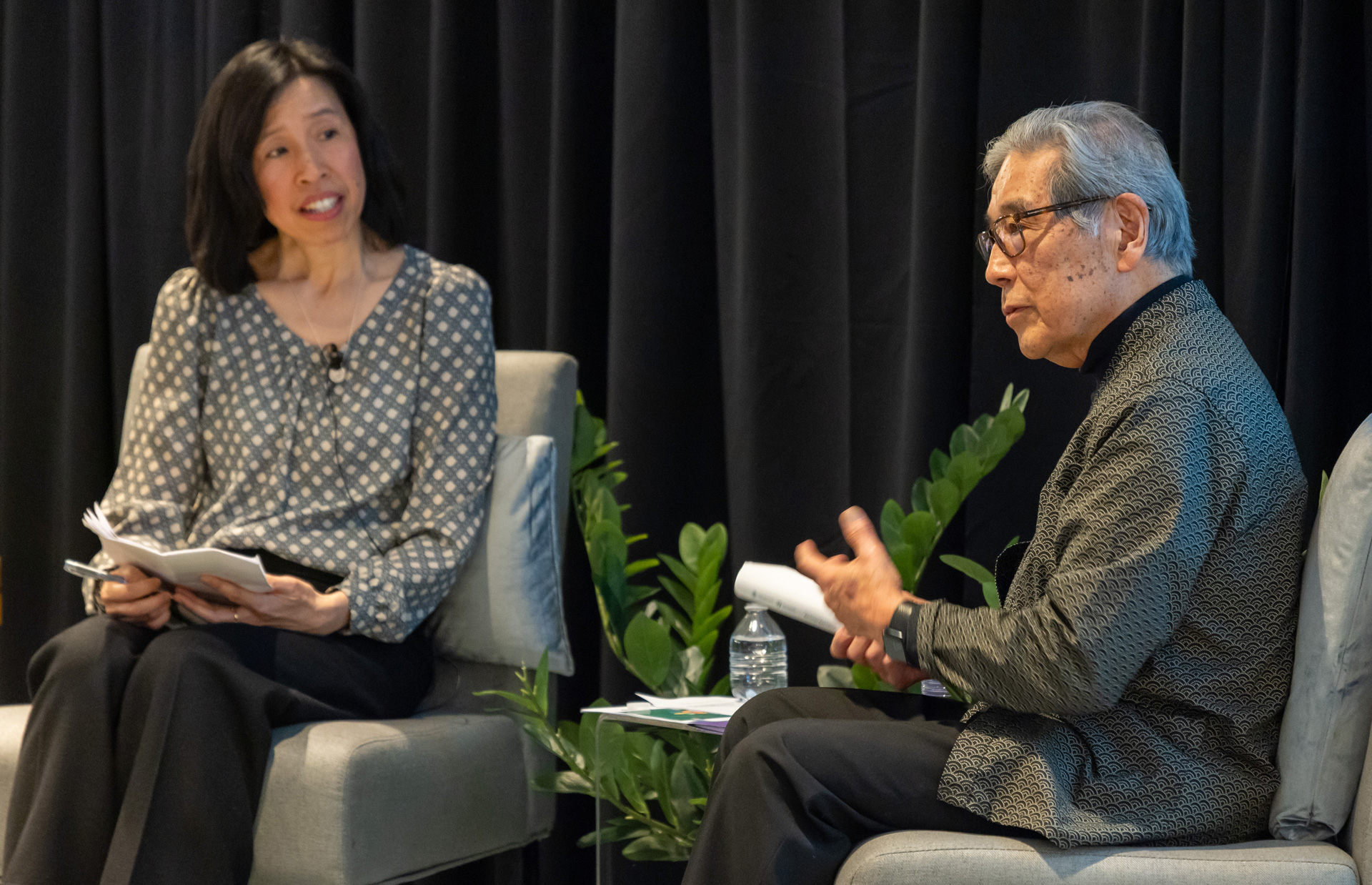
When Dr. Joseph T. Okimoto D’60, MED’61 was just three years old, he and his family were forced by the U.S. military to leave their home in San Diego and were incarcerated alongside some 120,000 other American citizens simply for having Japanese ancestry. They were sent to internment camps when President Franklin D. Roosevelt signed Executive Order 9066 on February 19, 1942, during World War II. The Order gave the U.S. Army the authority to forcibly remove civilians from zones established in Washington, Oregon, and California, and incarcerate them in concentration camps in the most desolate, remote regions of the country.
Dr. Okimoto and his family were incarcerated in Poston, Arizona, which was the largest of the ten concentration camps, for three and a half years. A decade after they were released, Okimoto attended Dartmouth College, first as an undergraduate student and then as a medical student, before building his career around delivering psychiatric care to others who had experienced trauma. Okimoto served as medical director at the Asian Counseling and Referral Service, and medical director at the Eating Disorder Unit at Swedish Hospital in Seattle, Washington.
On the 82nd anniversary of the signing of Executive Order 9066, Okimoto returned to Dartmouth’s campus to share his personal account about the Japanese American incarceration during World War II and his ongoing journey of healing, as part of the “Conversations That Matter” speaker series. The conversation can be viewed below.